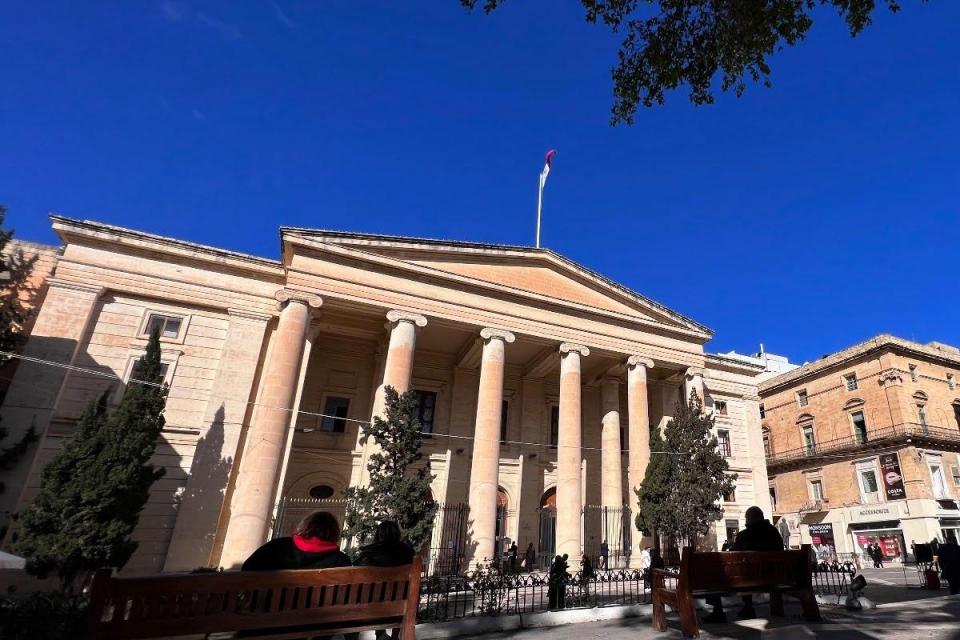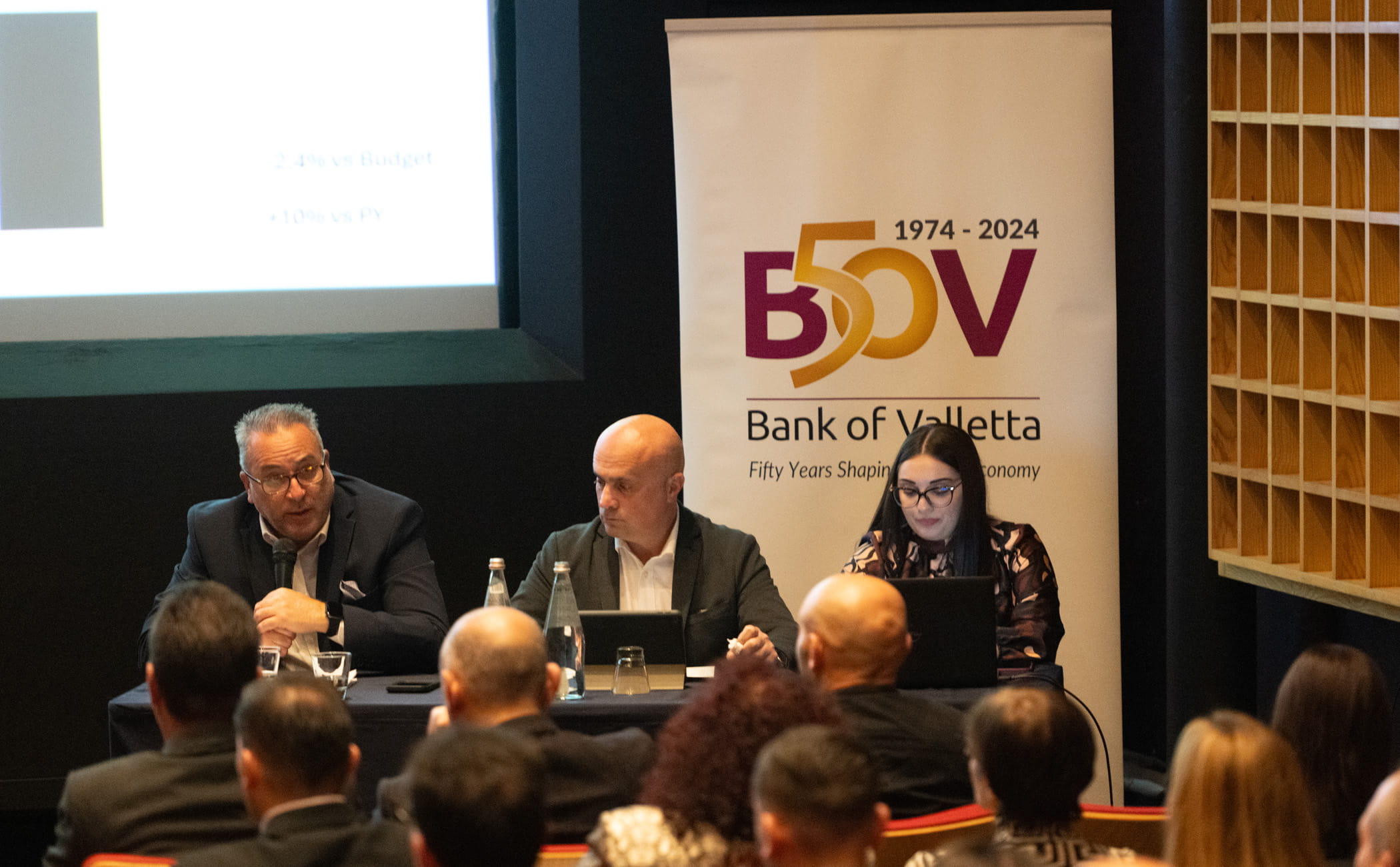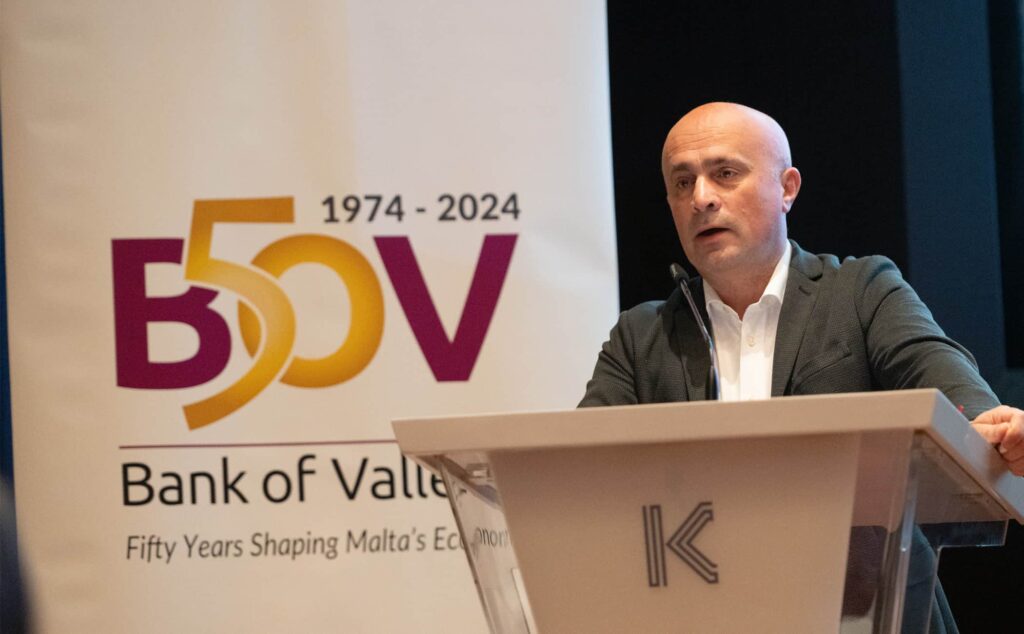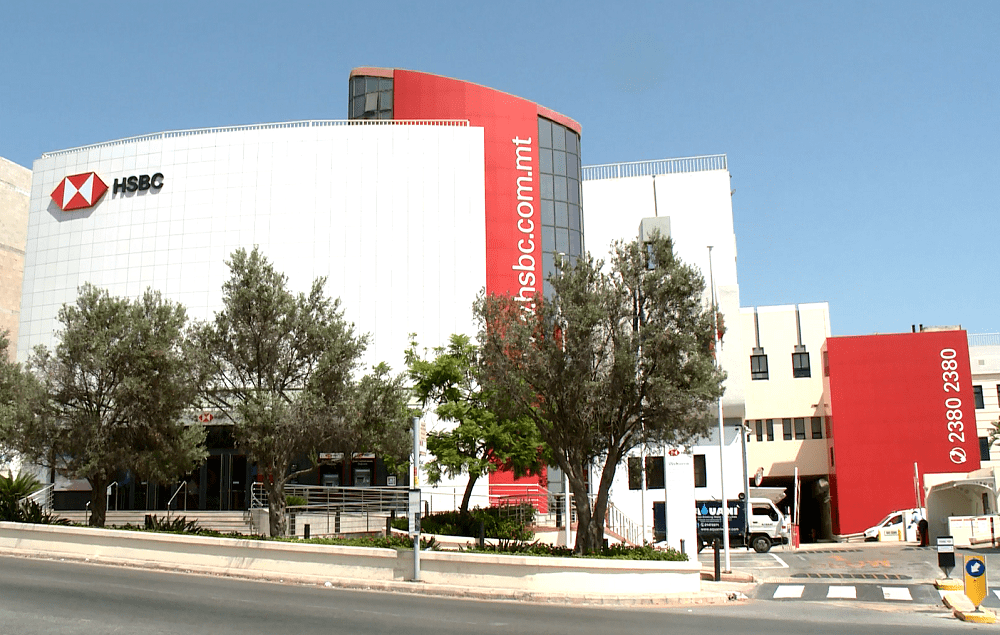Bill No 125 should ensure nobody escapes justice, whilst respecting fundamental rights
The Malta Chamber of Commerce, Enterprise and Industry notes that Bill No 125, tabled in Parliament for first reading on 29th January 2025 by Government seeks to amend various articles of the Criminal Code regarding Inquiries relating to the “In Genere”, Inquests and “Reperti”. The Bill includes a number of positive elements, whereas there are other elements which require a whole rethink.
The ultimate scope of the proposed Bill should be to ensure that justice is done in a timely and an effective manner. It should also ensure that nobody escapes justice, whilst respecting the fundamental rights of every individual.
Positive elements include:
- having a pool of Magistrates dedicated solely to carrying out inquiries,
- giving the victims that are subjects of a Magisterial inquiry the right to be informed of the stage of the proceedings of the inquest,
- giving the heirs and relatives of victims of accidents that are subjects of a Magisterial inquiry the right to request an electronic copy of the proces-verbal at no cost,
- conveying onto the Magistrate the discretion to impose the costs of the inquest on the initiator, if in the opinion of the Magistrate it was frivolous, vexatious or abusive of the judicial process – the Bill also proposes extending this power to claims which are unfounded, this should not be so,
- provisions to facilitate the work of authorities who have investigative responsibilities in case of accidents.
However, the Bill also contains a number of provisions that need to be reconsidered and corrected:
- Quest for Truth and Justice:
Currently a private citizen may either lodge a report, information or complaint with the Executive Police or request a Magisterial inquiry. Under the draft Bill, the right of a private citizen to request a Magisterial inquiry ab initio is being removed. Instead, a private citizen must first approach the Executive Police and can only request the opening of an inquest after six months from making the initial report, information, or complaint. In the quest for truth and justice, it is important not to restrict our citizens’ ability to request Magisterial inquiries on matters of public interest or to limit our Magistrates’ discretion in following leads. We should trust that our Magistrates will dismiss baseless claims, that they will use the Police and experts to dig deeper, and that they will strike a balance between the rights of suspects and the integrity of the investigation when deciding who to question and when, mindful of the disclosure of evidence that needs to be made when questioning suspects. Ultimately, both under the current law and the Bill, it is the Attorney General that decides whether an inquiry leads to prosecution, and no action that affects the personal and financial liberty of the suspect can be imposed before prosecution commences. - Evidence:
The Malta Chamber agrees that the person lodging the request should do so on oath and include the alleged criminal offences. However, The Malta Chamber does not agree with the increased level of burden of proof imposed on the initiator. The Bill requires the person lodging the request to submit “admissible proof as evidence before a court of criminal jurisdiction that shows on a balance of probabilities that the crime may have been committed by a suspected person”. One must keep in mind that the private citizen has limited access or no access to evidence which goes beyond prima facie. Under the current law, the inquiring Magistrate can act on prima facie evidence and the Executive Police can act on anonymous tips in a number of criminal instances. Placing the onus of providing hard evidence on private citizens who lack the means and the rights of access to pursue investigations privately is tantamount to obstructing justice. It is the role of the inquiring Magistrate to determine what evidence needs to be sought and to instruct the Police to carry out the necessary investigations if the quest for truth and justice so warrants. - Experts:
a. Keeping in mind that the nature of crimes is becoming more complex, it is of utmost importance to ensure that Magistrates are not limited to relying solely on local expertise. While a foundational understanding of criminal law principles is necessary, requiring experts to possess knowledge of Maltese criminal law and restricting them to local charge rates could potentially exclude valuable international expertise. For instance, financial crimes are highly complex and often have an international dimension – while local knowledge on investigating such crimes is growing, it may not always be enough.
b. Additionally, there is also the point that the Bill states that an expert has to be a natural person and cannot be a juridical person. Many experts, both local and foreign, work for an entity. While engaging them in their personal capacity ensures that they can testify if the entity ceases to exist, one must keep in mind that there are a number of experts who cannot take on assignments (on which they will be personally working) without the involvement of the entity they work for.
c. The Bill also states that “the role of the expert is limited to the determination of matters of fact relevant to the constitutive elements of the offence only, without expressing an opinion with regard to the commission or otherwise of the offence”. Experts are there to express a professional opinion based on their analysis of the available evidence. It is ultimately up to the Magistrate to determine what to make of that opinion as with all other elements of information available. The Magistrate is not bound by that opinion but can take it into consideration in determining the facts in issue. - Accomplices, Facilitators and Collaborators:
The Bill states that “An inquest upon the request of a private party on a suspected person shall only be carried out upon the suspected person…”. What about accomplices, facilitators, collaborators, and those involved in other crimes uncovered during the inquest? Whilst respecting their rights, they should also face justice. - Retroactivity:
The Bill will apply retroactively to several instances, including on current Magisterial inquiries in respect of which there is no final decision as yet on whether the inquest should have commenced or not. Justice must not only be done but it must also be seen to done. In light of this legal maxim, retroactivity should not be applicable.
Undoubtedly, combating crime is no easy feat, primarily because of its clandestine nature and intricate networks. It is a challenging endeavour for all public authorities involved to tackle crime while simultaneously safeguarding human rights, such as the right to a fair trial and the right to privacy. This is why the legislator must ensure that every legal amendment must strengthen the process by which crime is suppressed and where those involved in criminal activities are brought to justice.
The current Bill may have been well-intentioned. However, the draft leaves much to be desired in our quest of justice.
Ultimately, it is the role of the political class to make sure that citizens understand the means of redress available to them at law and to distinguish between a Police report, a Magisterial inquiry, and libel cases. We have had libel cases that dragged on for various reasons, impacting people’s reputation in the meantime. There may be the need to expedite the judicial process in libel cases, but this has nothing to do with the process of Magisterial inquiries initiated by private citizens.
Let us be clear on what we want to achieve when proposing legal reforms, without confounding issues or without resorting to undue haste that only serves to fuel suspicion and detract from meaningful consultation on matters of national importance.






